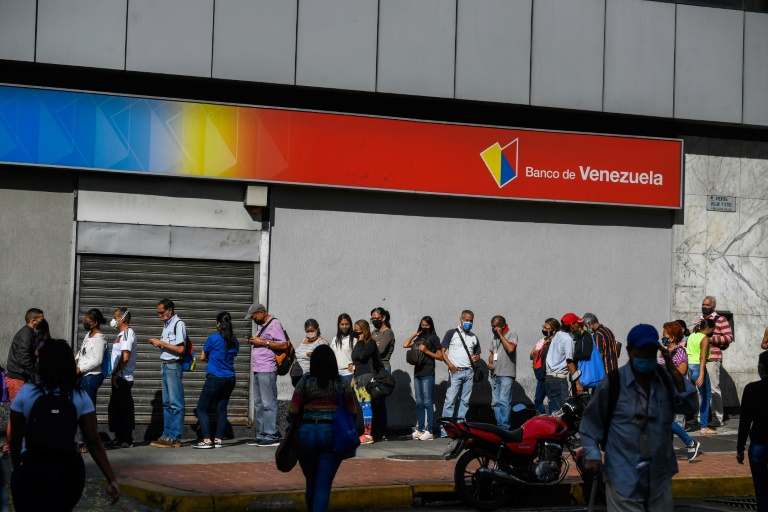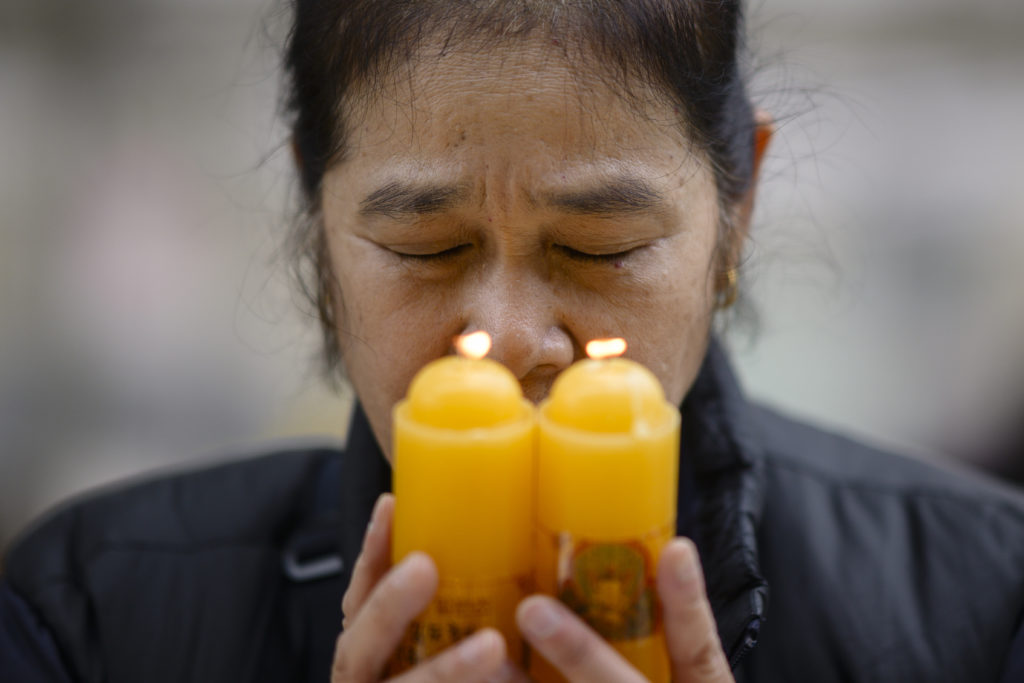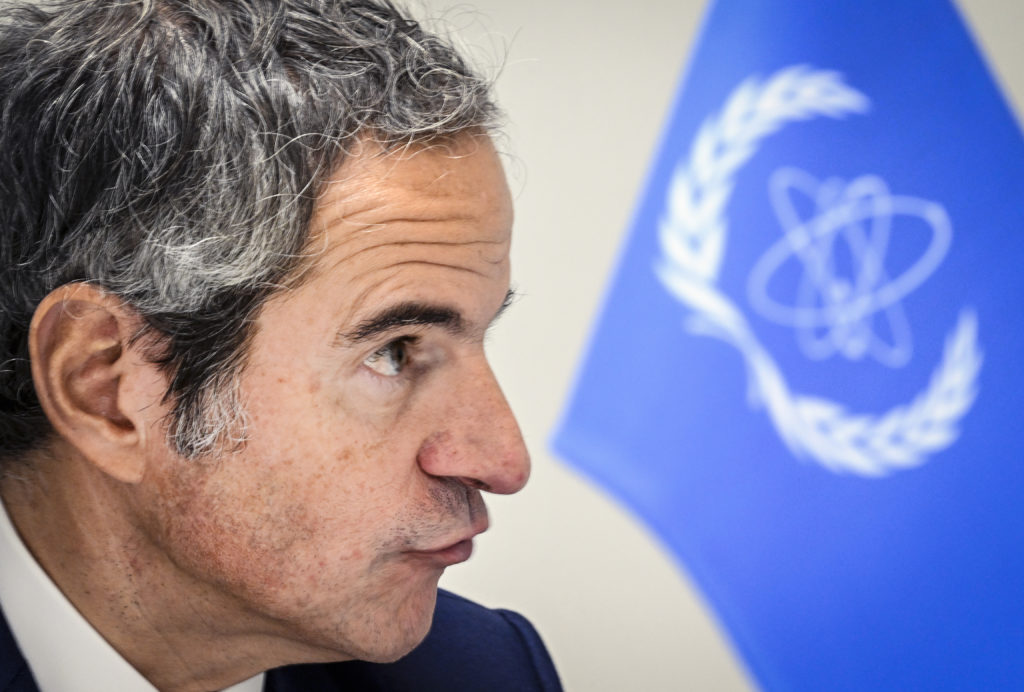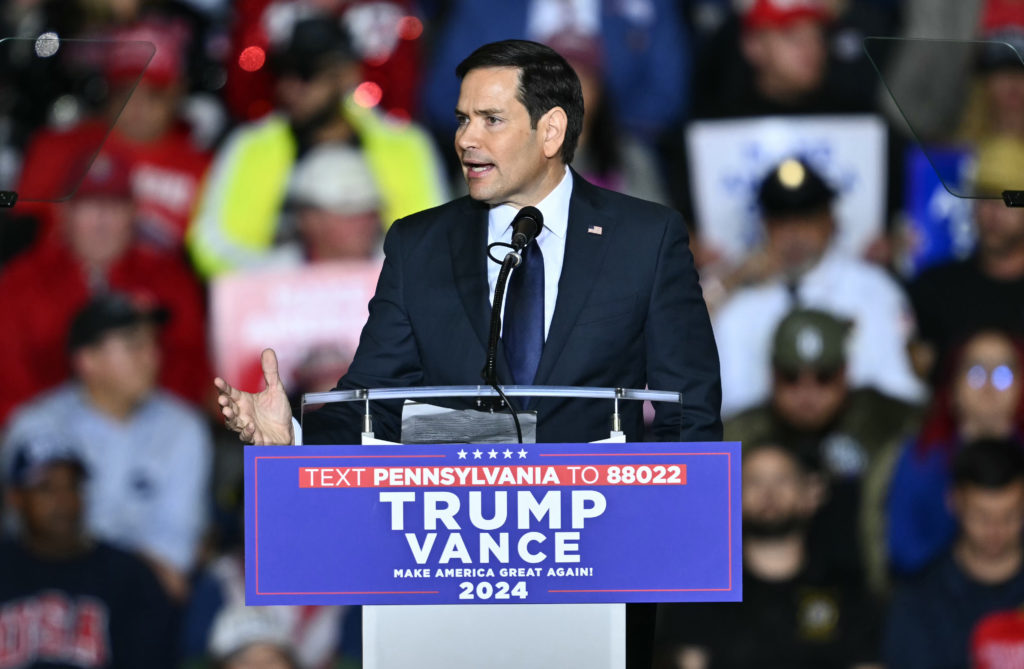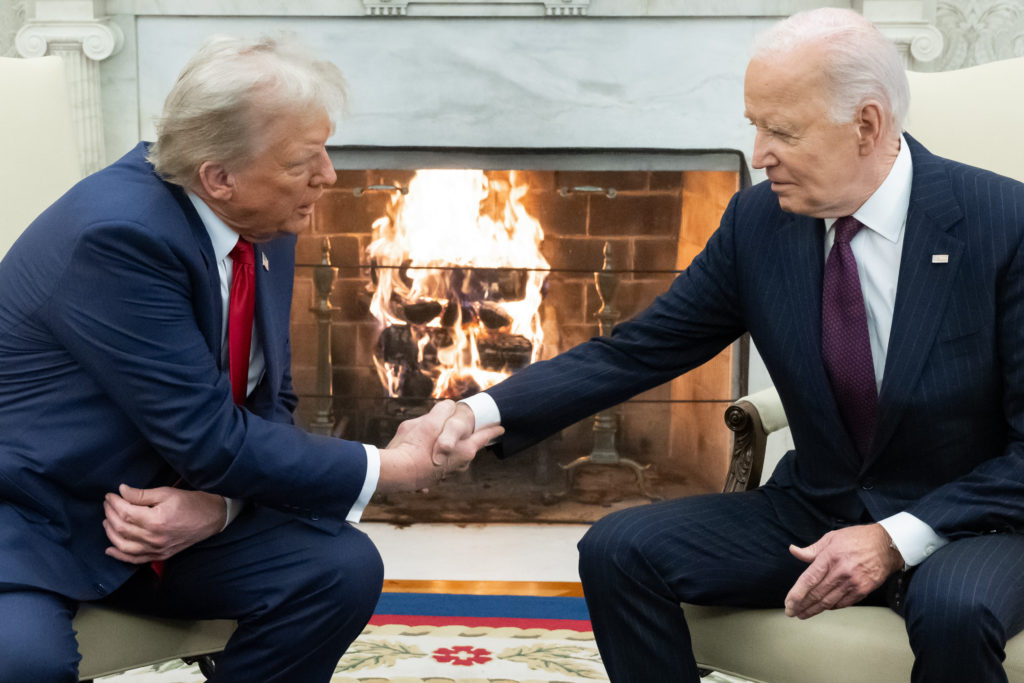Venezuela’s state bank said on Wednesday it would sell up to 10 percent of its shares as part of the government’s plan to inject capital into public companies struggling due to a lack of investment.
Two weeks ago, Venezuela President Nicolas Maduro announced a plan to sell off parts of public companies.
The Bank of Venezuela is the only state firm so far to have declared a share sale, although it gave no details as to when that would be.
It said in a statement shared on social media that it would “begin the public offer of 5 percent progressively up to 10 percent of its social capital.”
“It is the first step by Venezuelan public companies to offer on the stock market the possibility for citizens, and national and international private economic actors, to take part in the country’s development through instruments of economic democratization.”
The first share sale was supposed to take place on May 16 with the CANTV telephone company, but it never happened and no explanation was ever given.
The Bank of Venezuela is the largest in the country with 15 million customers and was nationalized under the presidency of the late Hugo Chavez (1999-2013.)
It was under the control of the Spanish Santander Group from 1994 until the transfer of its shares to the state in 2009.
Since last year, several NGOs such as Transparency Venezuela have claimed that the government has been negotiating with the private sector with regards to state companies in fields such as farming, tourism and manufacturing.
With the collapse of Venezuela’s vital oil industry and the punishing effects of US sanctions aimed at forcing Maduro from power, the government has been forced to relax various state controls imposed under Chavez.

